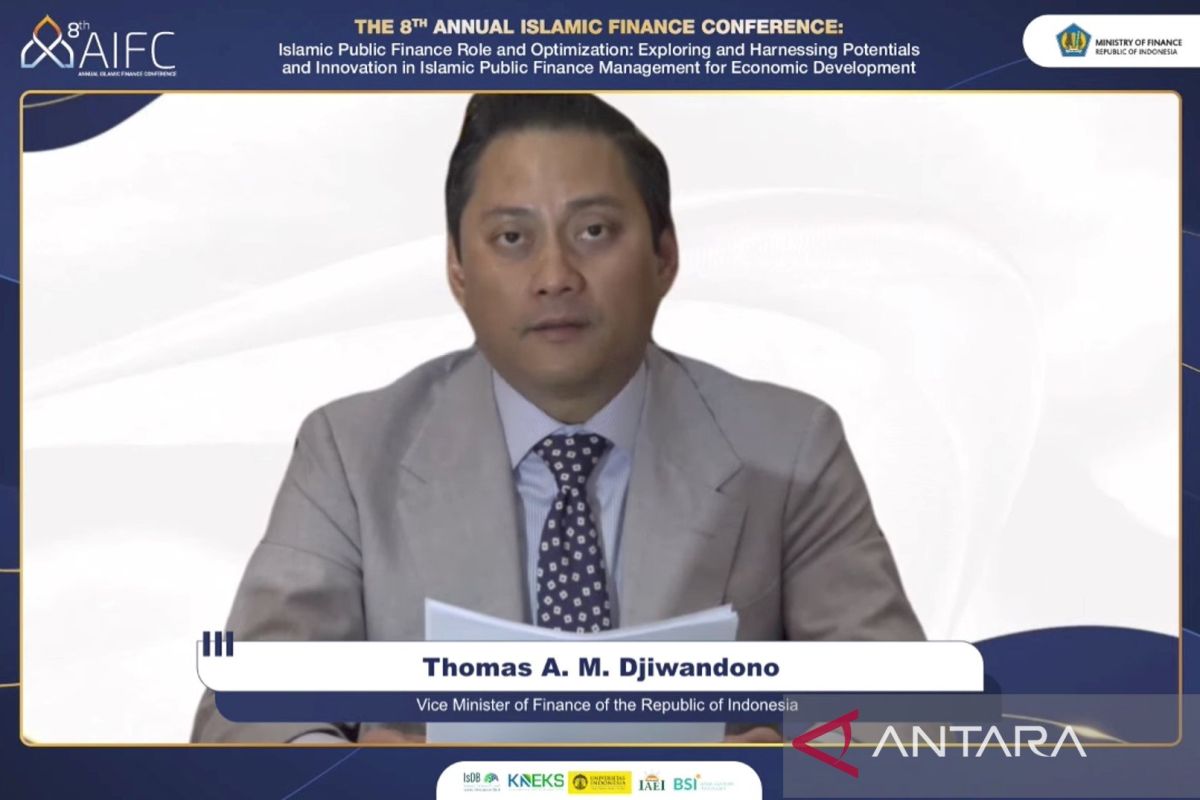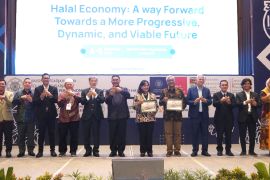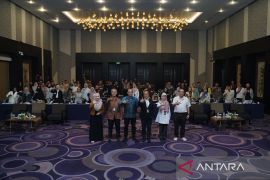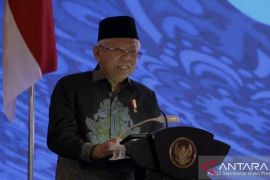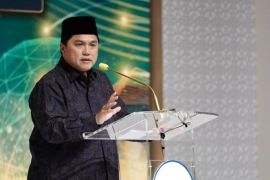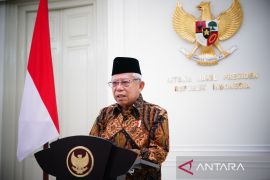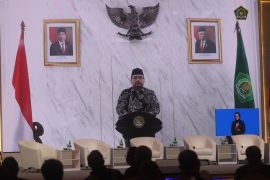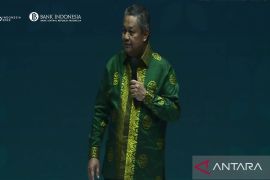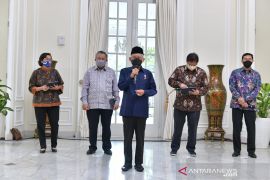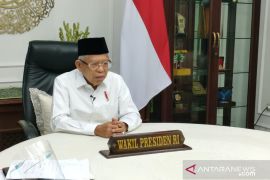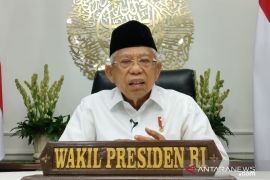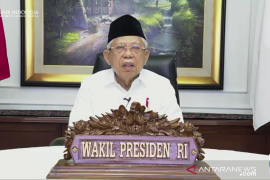“In Islamic public finance, resources should be distributed fairly among all members of society without discrimination, thereby minimizing wealth disparities and promoting social welfare,” he expounded at the 8th Annual Islamic Finance Conference (AIFC) here on Thursday.
He said that according to sharia principles, tax collection should be fair and not put undue burden on any group.
He added that the principles also prohibit imposing taxes on interest, taking excessive profit, as well as creating uncertainty and speculation because such practices are exploitative and could lead to the unfair accumulation of wealth.
As for improving economic equality, he said that wealthier people are also encouraged to contribute more to society through zakat and alms, besides paying taxes.
“Meanwhile, regarding public expenditure and budget, Islamic principles state that budget spending should focus on promoting social justice and improving social welfare,” he noted.
He said that this can be realized by providing quality and affordable public health services, nutrition, education, and social protection to reduce poverty and support underprivileged people.
He added that the “iqtishad” principle of the Islamic economy is also in line with the principles of public finance because it encourages the prudent and balanced use of the state budget.
According to the principle, public spending should be aligned with the value of state revenue to avoid excessive debt and deficit, he highlighted.
“Good governance is also a key aspect of Islamic public finance where transparency and accountability are obligated to ensure that public funds are managed responsibly and ethically,” he said.
He further said that from an Islamic perspective, public officials are considered trustees of public wealth, thus the use of public funds should be documented clearly through regular audits to maintain public trust as well as to prevent corruption and misuse.
According to Djiwandono, well-designed fiscal policies are critical to overcome current complex global challenges.
“Islamic public finance holds tremendous potential for creating more sustainable and inclusive national and global economic development. However, it will take collective effort and innovation to realize its full potential,” he added.
Related news: Global-level consumption of halal products estimated to reach US$3.1 T
Related news: Sharia economy to drive transformation in Indonesia, world: BI
Reporter: Uyu Septiyati Liman
Editor: Rahmad Nasution
Copyright © ANTARA 2024
